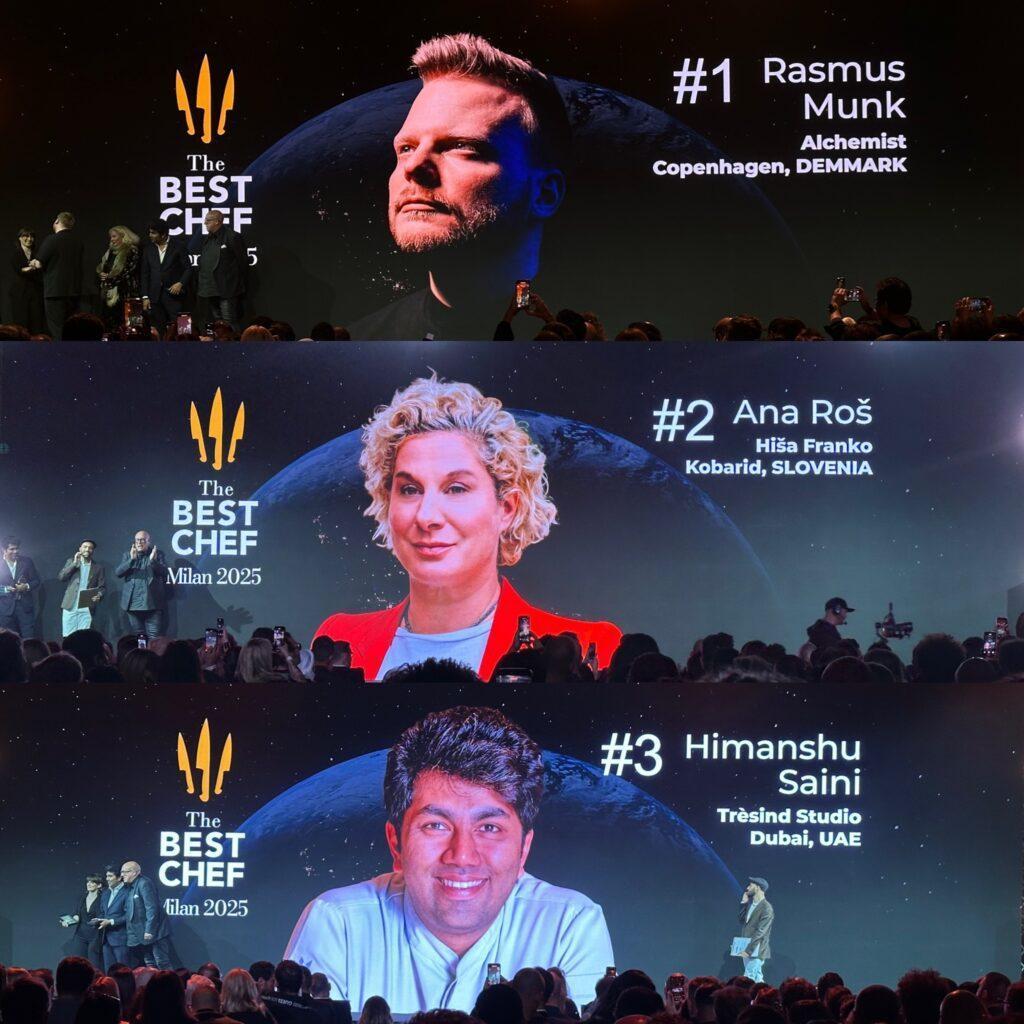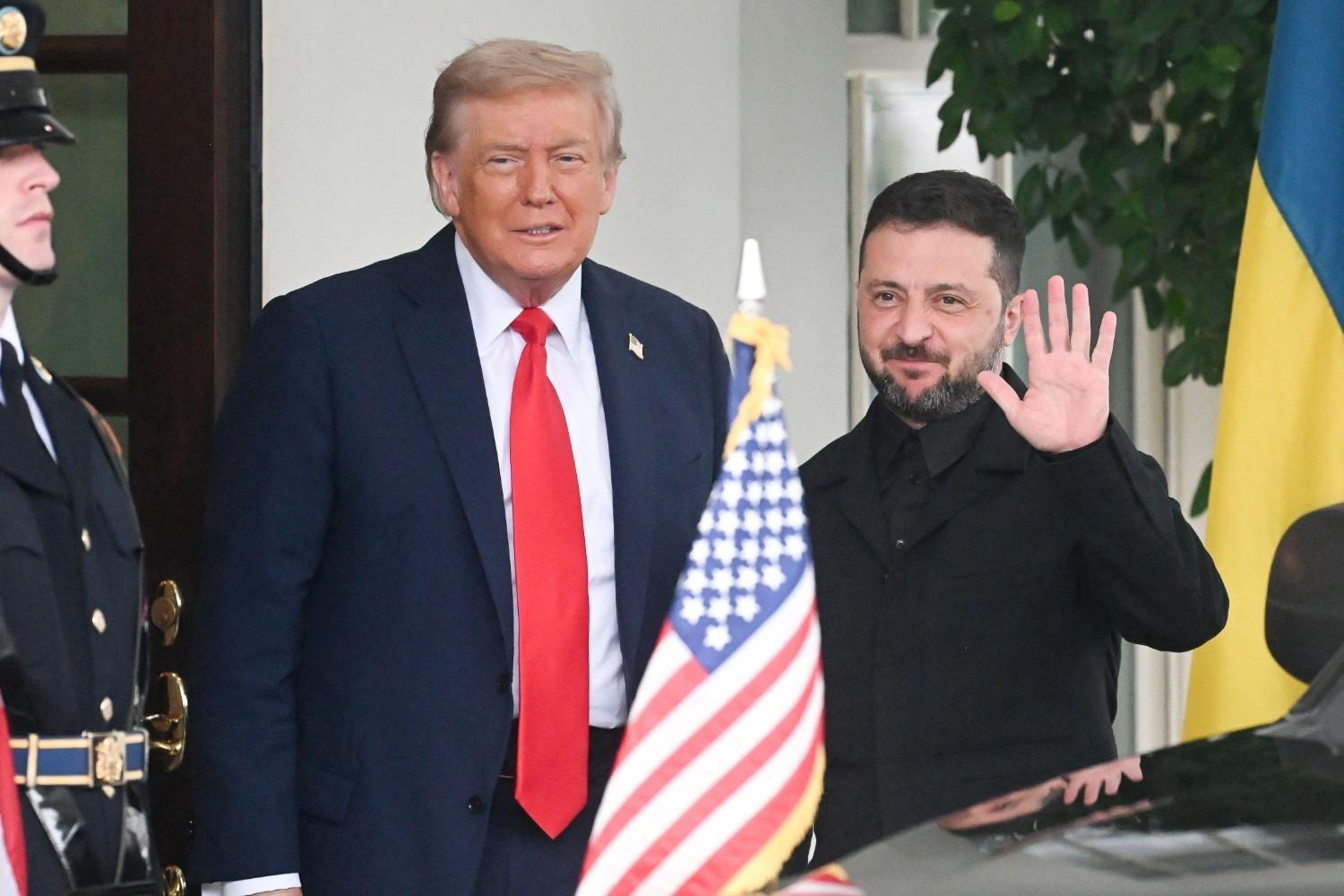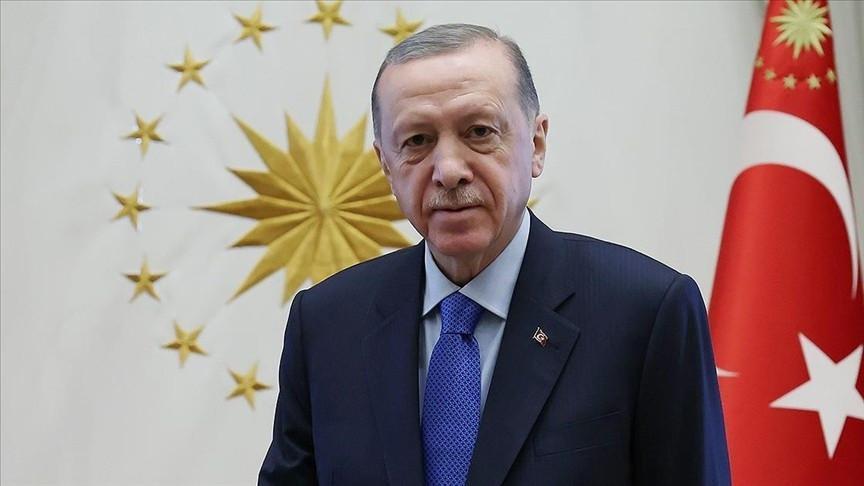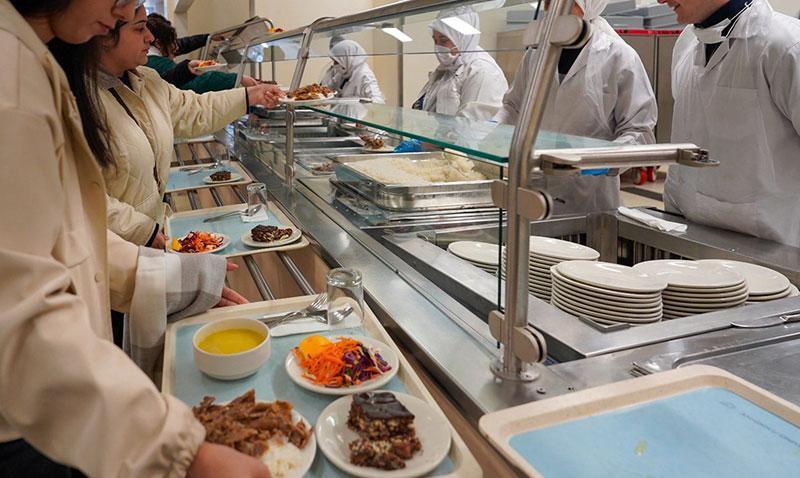Beyond the plate: The kitchen as a space for ideas
Ebru Erke

Last week, Milan turned into the epicenter of the global culinary world. Chefs, journalists and leading figures from across the gastronomy community gathered for The Best Chef Awards 2025. As always, it wasn’t only the winners who drew attention, but also the award system itself — because this recognition no longer represents simply “the best dish,” but an entire era’s understanding of cuisine.
Unlike many popular ranking systems, The Best Chef Awards offers a layered perspective. Instead of a numbered list, it operates on a “knife system”: Three knives signify “iconic,” two knives “world class” and one knife “excellent.” Behind this structure lies not the desire to spotlight a few stars, but to make hundreds of creative voices visible.
Out of 972 voters — primarily chefs and food writers — the culinary community evaluated itself. This democratic format feels refreshing: Not a list, but an ecosystem.
The biggest winner of 2025 was once again Rasmus Munk. The Copenhagen-based chef of Alchemist retained his title from last year, underscoring the growing value of continuity in gastronomy — that innovation alone is not enough; consistency also deserves recognition.
Upon receiving the award for “Best Chef in the World” for the second time, Munk spoke not of personal victory but of collective vision: “This award is not a personal triumph; it reflects a team that believes in changing the world through ideas.” He defined gastronomy as a vehicle for transformation. “Food is no longer just a craft — it’s a way to express thought, emotion, even social issues,” he said, echoing the philosophy behind Alchemist’s laboratory-like creativity.
Beyond the top three, what truly captured attention were the special categories.
The “Visionary Award” presented to Massimo Bottura was no coincidence. For years, Bottura has transformed gastronomy not only on the plate but within society itself. “Gastronomy is a universal language — a way of sharing feelings, ideas and imagination,” he said, once again blurring the line between food and art. His voice resonated less like that of a competitor and more like that of a cultural diplomat — a thinker who sees cuisine as a means of connection.
Pía Salazar’s recognition as “Best Pastry Chef” highlighted Latin America’s rising dessert scene and her use of vegetables and spices in pastry underscored a new creative lexicon. Débora Fadul’s “Best Terroir” award celebrated the universal return to soil and local produce. Diego Guerrero’s “Best Science” recognition reminded the audience that modern cuisine can no longer be separated from science.
On stage, Guatemala’s Débora Fadul dedicated her award to her homeland — “This is for Guatemala” — a phrase that encapsulated the pride of geography and the dignity of place. Meanwhile, Spain’s Quique Dacosta delivered one of the night’s most poetic lines while accepting the Food Art Award: “Cooking is my natural language — through it, I communicate, take a stand, or embrace a cause.” It was a manifesto for a new generation of chefs for whom cooking has become an act of expression, empathy and conviction.
Milan’s local hero Diego Rossi (Trippa) received the Origins & Future award, bringing his “nose-to-tail” ethos to the heart of urban dining. Dubbed “The King of Offal” by the organization, Rossi’s philosophy of honoring the whole animal has become the most tangible symbol of sustainability entering the mainstream.
Andrea Aprea, honored as Best Milan Chef, represents another side of this evolution — a chef who refines tradition while daring to challenge it. Collectively, these stories revealed an undercurrent of thought in Milan’s ceremony: A dialogue between roots, attitude and city identity.
This year’s ceremony, in essence, brought together the four dimensions of gastronomy — vision, emotion, nature and intellect.
The overall tone was markedly different from the glamour of past years: A new culinary language shaped by conscience and purpose. The voices heard on stage weren’t only celebrating victory; they were drafting the first definitions of a new gastronomic vocabulary.
In his closing speech, Cristian Gadau, the founder of The Best Chef Awards, drew attention to a crucial shift: “This system stands against elitism — it’s about creating a culinary community open to everyone.”
With 783 chefs from 69 countries recognized, the stage was more diverse than ever. From Latin America to Asia, Africa to the Middle East, a multi-voiced ecosystem of gastronomy emerged. Gadau’s words reminded the audience that today’s gastronomy is no longer defined by white tablecloths, but by cultural exchange — by stories that connect. This year in Milan, not only excellence but also awareness itself was celebrated. The kitchen, once a silent craft, has now become a collective form of expression that tells the world’s story.
Every award system reflects its era and The Best Chef Awards mirrors the profound transformation happening in gastronomy today. Once, “being the best” meant perfect technique. Now, it means creating meaning, inspiring culture and building community.
That is why categories like science, terroir, creativity and vision have multiplied. The kitchen is now measured not just by taste, but by conscience, climate and culture — and that shift defines an entire generation’s approach to flavor.
Of course, the system has its critics. High-profile chefs remain more visible and social media power still shapes perception. The subjectivity of rating “vision” or “impact” remains a gray area. Yet, The Best Chef Awards’ true achievement lies in elevating gastronomy beyond the restaurant stage into a space of thought — a platform where ideas compete, not just plates.
If there is one clear message from the 2025 edition, it is this: Today’s chefs are no longer merely cooks.
They are storytellers, researchers, activists, scientists and philosophers. As Bottura himself said, “It’s no longer just about what we cook, but what we say through it.”
Seen through that lens, The Best Chef Awards is not a competition, but a conversation about the future of gastronomy — a movement where food becomes the meeting point of humanity, nature and knowledge.
Another striking note this year was the growing presence of Turkish chefs. No longer represented by just a few symbolic names, a new generation of chefs from across Türkiye is finding its voice on the global stage. This rise is no coincidence. In recent years, Türkiye’s culinary education, producer awareness and emphasis on local ingredients have deepened remarkably.
Chefs are no longer just creators of dishes but narrators of ingredients — giving voice to their origins and the people behind them. This evolution is carrying Turkish cuisine beyond old clichés, offering a distinctive identity that translates naturally into the global language of gastronomy.
Particularly among younger chefs, there’s a growing ability to speak to the world while staying rooted in their own soil — a sign that Turkish gastronomy is no longer seen abroad as “exotic,” but as a cuisine with a point of view.
Congratulations to Maksut Aşkar, Sinem Özler, Fatih Tutak, Çiğdem Seferoğlu, Osman Sezener, Burçak Kazdal, Cenk Debenseson, Osman Serdaroğlu, Ozan Kumbasar and Doğukan Kaya, who proudly carried that vision to Milan — and to the world.















